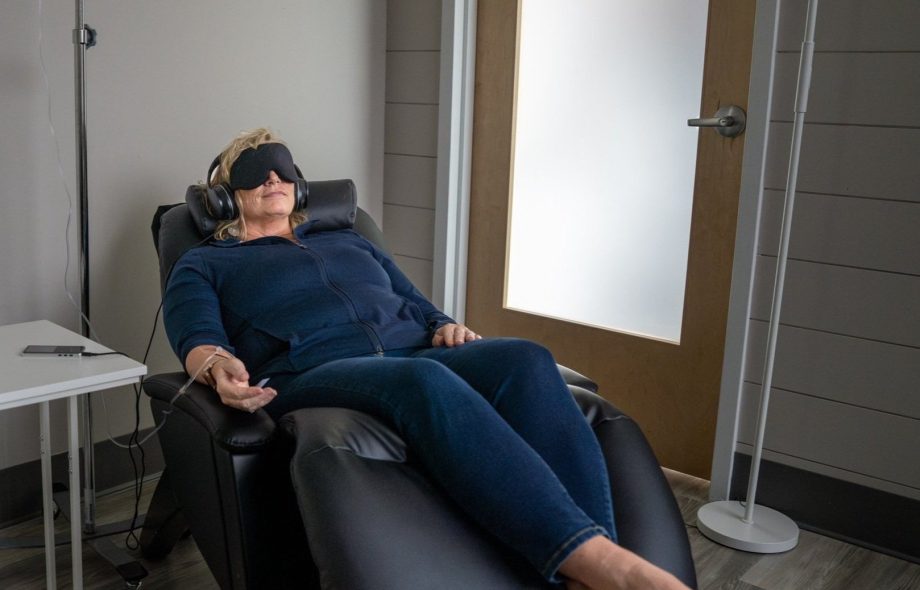Due to its unique effects, ketamine is increasingly used among people who suffer from treatment-resistance depression(TRD). Ketamine was developed as an anesthetic and is now used in not only medicine but also in pain relief and mental health. Ketamine has shown to be greatly helpful to those who have tried other antidepressants and did not find success. It serves great purpose for people with pain and acute distress. Due to it’s fast results, it is highly valued in urgent care settings.
Why does ketamine stand out in treating depression care?
Antidepressants differ from ketamine. Traditional antidepressants have a long turn-around range; it could take weeks before one notices any changes whereas with ketamine, one notices results after 40 minutes. In extreme cases such as suicidal thoughts, that relief is extremely valuable.
The thyroid has a direct link to depression; that is why there are medications (like esketamine) specifically made to be administered through a nasal spray under medical supervision. It is monitored pre and post-treatment till they find the results they are looking for.
Real Results: What the Research Shows
Research demonstrates that integrating ketamine into conventional treatment approaches can drastically improve depression symptoms:
• In the short term, trials showed that patients with depression who were on antidepressants and additionally took esketamine had a notable improvement in their depression symptoms.
• In the long-term studies, those patients who seemed to benefit from ketamine tended to sustain their remission at the 16-week mark.
Because of the immediacy of its results, ketamine is regarded as a breakthrough intervention for people who are utilizing every other option available.
Is Ketamine Therapy Right for You?
Most of the time, ketamine is not the first choice; it is recommended after all the conventional treatments have been tried. It does not wholly alleviate depression symptoms, however, it does reduce them for an extended timeframe which enables people to start participating in life activities.
To explore the option of ketamine, consult your psychiatrist or primary care physician. A healthcare provider can help understand whether the therapy is an option based on your medical history and current symptoms.
While searching for depression treatment Fort Lee, it is essential to collaborate with clinics that develop an individualized and holistic treatment plan for mental health challenges.
Researching Clinics: What You Should Know Prior to Attending Ketamine Therapy
You can find ketamine clinics popping up all over the United States. Most of these clinics are privatized and self-pay due to lack of coverage from insurance. Providers in New Jersey have noted the growing demand with Ketamine Treatment New Jersey.
Patient treatments start at an estimate of four hundred dollars and can go higher depending on the number of infusions. Many clinics do recommend a base of six sessions to start. Psychiatrists, anesthesiologists, social workers, and nurses can staff the clinics. Some clinics request a referral while others only require a brief questionnaire.
One reputable option is Neuroplasticity MD, which customizes supervised medical ketamine infusions for that specific patient.
A New Perspective on Treating Anxiety with Ketamine
Though extensively studying chronic depression, Ketamine is still one of the primary substitutes in addressing the symptoms of anxiety disorders. For patients with anxiety and persistent therapy resistant to medication, ketamine for anxiety treatment tends to be helpful. The medication’s calming dissociative effects tend to halt the cycle of nausea inspiring crippling worry.
 :
https://pinterest.com/neuroplasticitymdny/
:
https://pinterest.com/neuroplasticitymdny/

